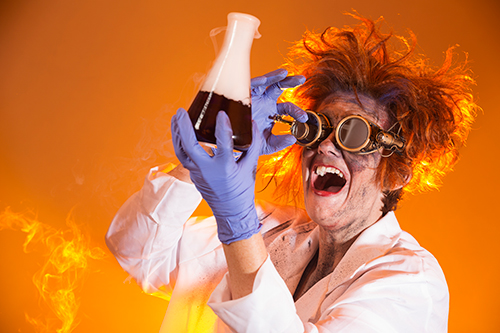In the kaleidoscope of human understanding, two disciplines stand as pillars of insight and innovation: psychology and biotechnology. While seemingly disparate in focus and methodology, they converge at the intersection of human cognition, behavior, and biological systems.
This article embarks on a comprehensive exploration of the multifaceted landscapes of psychology and biotechnology, unraveling their intricacies and elucidating their respective contributions to the tapestry of human knowledge and progress.
The Rich Tapestry of Psychology
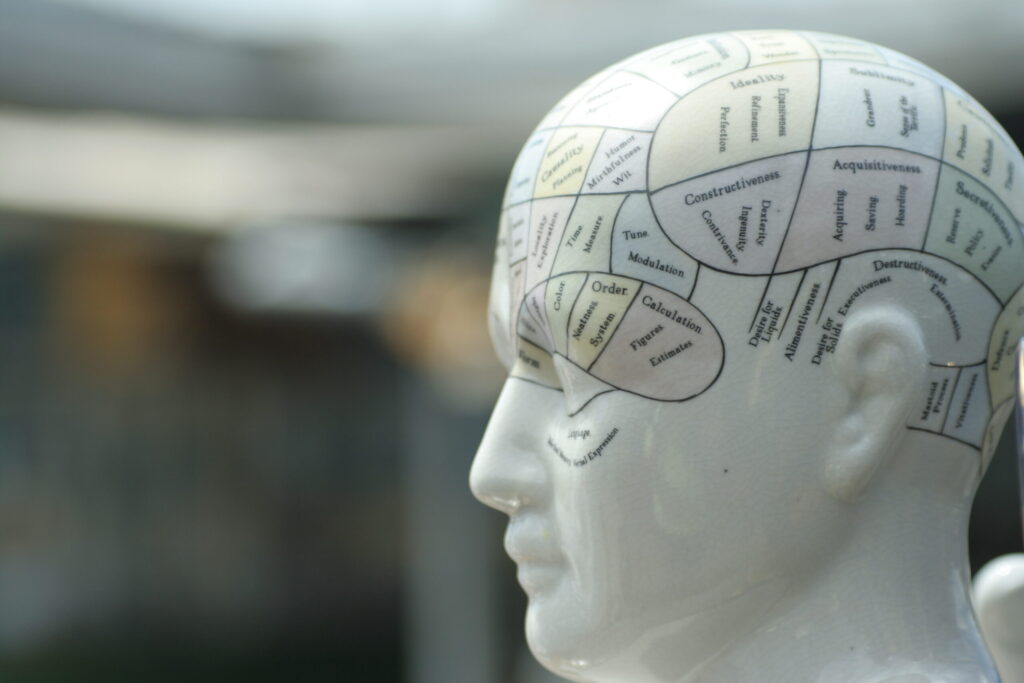
Psychology, the study of the mind and behavior, encompasses a myriad of subfields and perspectives that collectively illuminate the complexities of human experience.
From the pioneering work of Wilhelm Wundt in establishing the first psychology laboratory to the contemporary integration of neuroscience, cognitive science, and social psychology, the discipline has evolved significantly over the centuries.
Its diverse branches include clinical psychology, developmental psychology, cognitive psychology, and industrial-organizational psychology, each offering unique insights into different facets of human functioning.
Delving Deeper into Psychological Phenomena
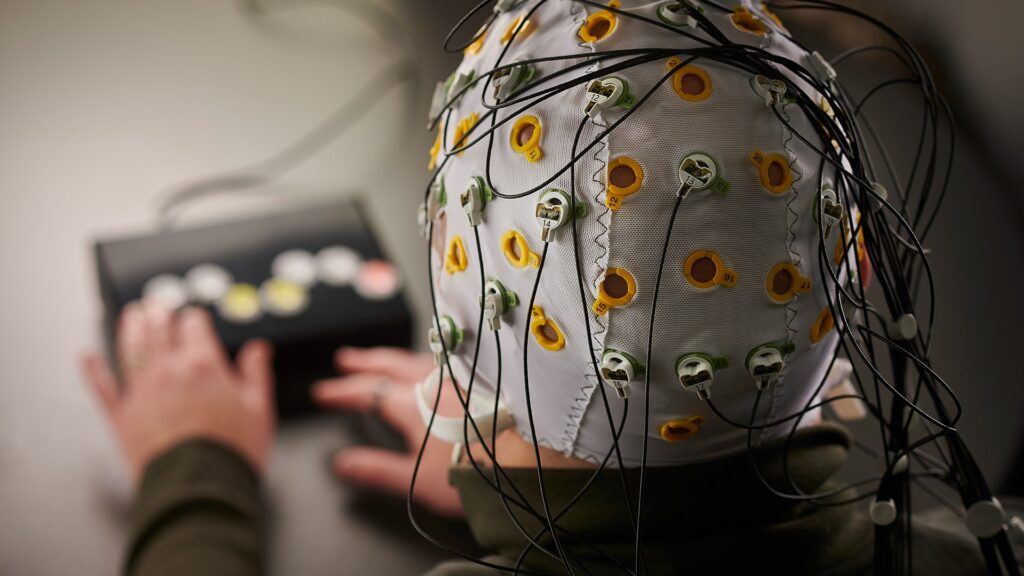
At the heart of psychology lies a relentless pursuit of understanding the intricacies of human cognition, emotion, and behavior. Through empirical research, clinical observation, and experimental methodologies, psychologists unravel the mysteries of mental health disorders, interpersonal dynamics, and societal phenomena.
From Freud’s psychoanalytic theories to Skinner’s behaviorism and Maslow’s hierarchy of needs, psychological frameworks provide conceptual scaffolding for comprehending the complexities of the human psyche and its interplay with external factors.
The Transformative Power of Psychological Interventions
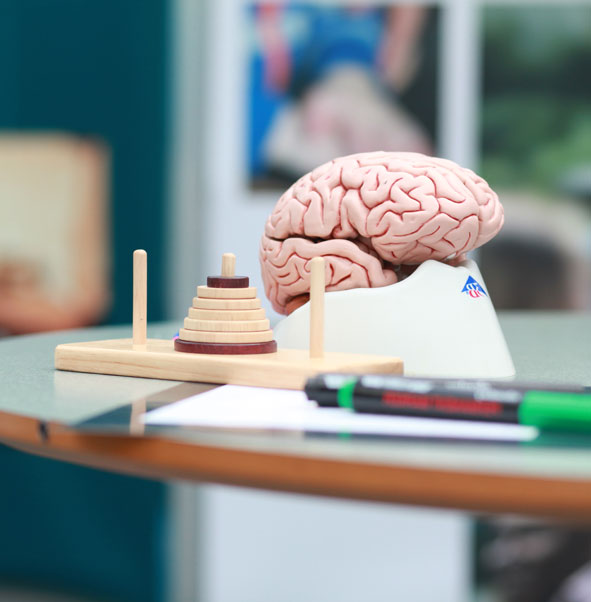
One of the hallmarks of psychology lies in its practical applications aimed at improving individual well-being and societal functioning. Clinical psychologists employ various therapeutic modalities, such as cognitive-behavioral therapy (CBT), psychodynamic therapy, and mindfulness-based interventions, to alleviate psychological distress and promote resilience.
Moreover, psychologists contribute to organizational development, educational reform, and public policy initiatives, leveraging their expertise to address pressing social issues and enhance human flourishing.
Embarking on Biotechnological Frontiers
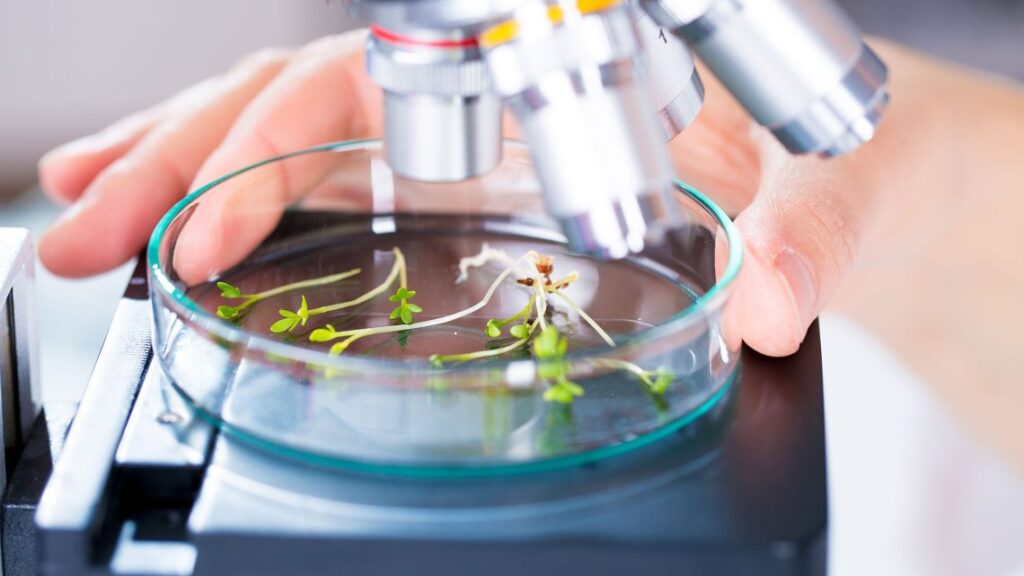
In parallel, biotechnology emerges as a potent force driving innovation and transformation across diverse domains, from healthcare and agriculture to environmental sustainability and beyond.
Rooted in the manipulation of living organisms and biological systems, biotechnology encompasses a vast array of techniques and methodologies aimed at harnessing the inherent potential of biological resources.
Genetic engineering, synthetic biology, and bioinformatics represent just a few facets of this multidisciplinary field, each offering novel avenues for scientific inquiry and technological advancement.
Unleashing the Potential of Biotechnological Innovations:
Biotechnology holds promise in revolutionizing healthcare delivery, agricultural practices, environmental remediation, and industrial processes.
Through gene editing technologies like CRISPR-Cas9, researchers can precisely modify DNA sequences, paving the way for personalized medicine, disease eradication, and agricultural crop improvement.
Biopharmaceuticals derived from recombinant DNA technology offer targeted treatments for cancer, autoimmune disorders, and infectious diseases, while biofuels and bioplastics provide sustainable alternatives to fossil fuels and traditional plastics.
Navigating the Interplay between Psychology and Biotechnology:
While psychology and biotechnology may seem disparate at first glance, they share common ground in their quest to understand and enhance the human condition.
Behavioral neuroscience bridges the gap between psychological phenomena and biological mechanisms, elucidating the neural correlates of behavior and mental processes.
Additionally, the burgeoning field of neuroethics grapples with the ethical implications of biotechnological interventions on human cognition, consciousness, and identity, highlighting the need for interdisciplinary dialogue and collaboration.
FAQ’s
Is psychology mostly about biology?
Psychology and biology are closely linked, especially in understanding how our bodies affect our thoughts and feelings.
Which is harder, biology or psychology in school?
Both biology and psychology can be tough in different ways, but they’re both interesting subjects to learn about.
Who earns the most as a psychologist?
Some psychologists who specialize in certain areas like helping businesses or studying the brain can earn a lot, but it depends on where they work and their experience.
Is there a lot of demand for psychologists?
Yes, many people need psychologists for help with their mental health, school, work, and other areas, so there are often job opportunities.
What’s next for psychology?
Psychology will likely keep growing with new technology and teamwork between different fields to help people in more personalized ways, especially with mental health worldwide.
Conclusion
In the dynamic interplay of psychology and biotechnology, there lies a tapestry of interconnectedness and synergy that transcends disciplinary boundaries. While psychology delves into the depths of human consciousness and behavior, biotechnology harnesses the power of living systems to innovate and solve real-world challenges. By embracing a multidisciplinary approach that integrates insights from both disciplines, we can unlock new frontiers of understanding and pave the way for a more holistic and humane future.
